The views expressed in our content reflect individual perspectives and do not represent the authoritative views of the Baha'i Faith.
I grew up hunting and fishing in Washington State. My parents had five children, and not a lot of money, so during my childhood we caught or shot much of our food.
My father, a World War II Marine infantry officer, taught me to shoot. He had trained Marines on the firing range as an expert marksman and cared deeply about gun safety. He raised me, the oldest of his children, to know and understand the power of weapons, to use them extremely carefully and to respect the grave danger they represented.
When I came home from school my mother would often ask me to go get dinner. I didn’t go to the store. Instead, I took my 16-gauge shotgun and my hunting dog Jinx and tromped into the nearby farm fields looking for a pheasant or a duck or a goose we could eat that night.
We didn’t go hungry. My brothers and sisters and I even played a game at the dinner table – while eating the birds my father or I had shot we would see who could bite down on and then retrieve the largest number of lead pellets from the shotgun shell. We lined them up on our plates and counted them. Whoever had the most got dessert first.
When I turned 12, the time came for a standard rite of passage in the life of a young boy in rural America – hunting my first deer. My father, who brought enough venison home every year to feed us through the winter, took me hunting. After a cold day in the forest we spotted a big buck. I took aim. Then I suddenly realized, looking at that beautiful animal through the scope on my father’s Winchester, that I couldn’t pull the trigger. I knew the buck represented food for my family — but for some unknown reason I made the decision not to shoot. I felt terrible, but my father, to his credit, understood. Looking back on it now I believe that moment represented the dawning of something spiritual in me.
That day I put down guns forever.
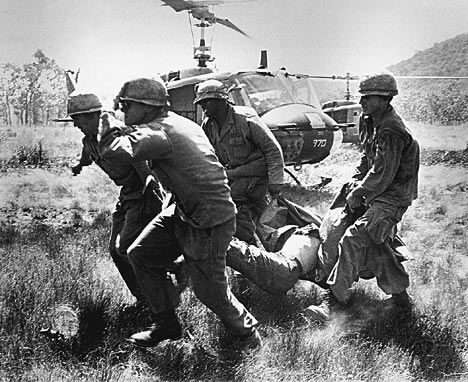 Six years later, at 18, I made two important decisions. I became a Baha’i, and I registered for the military draft as a conscientious objector. The Baha’i teachings clearly taught me that I should forfeit my own life rather than take another’s:
Six years later, at 18, I made two important decisions. I became a Baha’i, and I registered for the military draft as a conscientious objector. The Baha’i teachings clearly taught me that I should forfeit my own life rather than take another’s:
Let none contend with another, and let no soul slay another; this, verily, is that which was forbidden you…. What! Would ye kill him whom God hath quickened, whom He hath endowed with spirit through a breath from Him? Grievous then would be your trespass before His throne! – Baha’u’llah, The Kitab-i-Aqdas, p. 45.
When I read that passage from Baha’u’llah’s Most Holy Book, I knew immediately that I could not kill another human being. So with the support of the Baha’is and my new Faith I applied for and finally received my C.O. status, which allowed me to be drafted into the Army, but meant I would carry no weapon or be trained to kill.
In July of the following year the Army sent me to Vietnam, and for a year I saw what guns do to human beings. Yes, they kill people, but not only with bullets. They kill the spirit of the killer, too. The carnage and death all around me made me understand the wisdom of Baha’u’llah’s command.
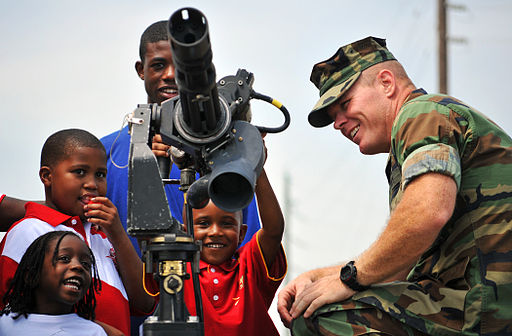 Forty years later, sadly, our repeated wars have helped turn America into a gun culture. We have more deadly weapons in our country than we have people. Guns have become easy to get and easy to use, and in the U.S. more people die from gun deaths than in any other industrialized nation.
Forty years later, sadly, our repeated wars have helped turn America into a gun culture. We have more deadly weapons in our country than we have people. Guns have become easy to get and easy to use, and in the U.S. more people die from gun deaths than in any other industrialized nation.
So what do the Baha’is believe about guns? First, since Baha’u’llah said it is better to be killed than to kill, Baha’is do not take the lives of others. Also, Baha’u’llah called for disarmament of every type of weapon, not only by nations but by individuals. Accordingly, Baha’i law only sanctions owning and carrying weapons if absolutely necessary:
Baha’u’llah confirms an injunction which makes it unlawful to carry arms, unless it is necessary to do so. With regard to circumstances under which the bearing of arms might be “essential” for an individual, Abdu’l-Baha gives permission to a believer for self-protection in a dangerous environment. There are a number of other situations in which weapons are needed and can be legitimately used; for instance, in countries where people hunt for their food and clothing, and in such sports as archery, marksmanship, and fencing. – The Kitab-i-Aqdas, p. 240.
Baha’u’llah said, describing the Baha’is:
Gracious God! This people need no weapons of destruction, inasmuch as they have girded themselves to reconstruct the world. Their hosts are the hosts of goodly deeds, and their arms the arms of upright conduct…. – Baha’u’llah and the New Era, p. 170.
You May Also Like
Comments





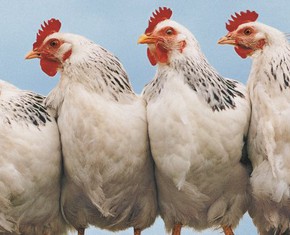
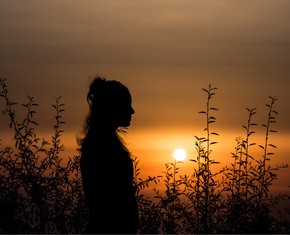
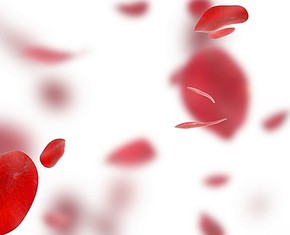









First is that the word used is "arms", not guns. And in the notes in the Aqdas allude to bows & arrows (implied by "archery"), guns (implied by "marksmanship"), and swords/foils (implied by "fencing"). The notes then use the word "weapons" which perhaps includes anything that is carried with the intention of harming another person. (In law, arms is any "aggressive weapon") All them are "forbidden" unless essential.
The other is that the underpinning of the self-defence issue seems to me to be maintaining one's self control to the point of being able to ...determine "when to stop in lest being alert to self-defense lest his action deteriorate into retaliation". Perhaps this has implications for non-violent attacks too, such as might happen in "the board room" or family disagreements.
Together, they suggest intention and self-regulation -- and being conscious of the boundaries of harming other beings, especially fellow humans whom we are meant to prefer before ourselves and for whom our hearts must burn with loving kindness -- even when being attacked.
No wonder this is the age of maturity and that this Faith is not for the foolish and faint of heart!
http://bahai-library.com/uhj_guidance_self_defense
keep in mind the letter is dated 1969 where protests were common and people where worried about civil unrest. The UHJ advised the National assembly of the USA that it is PREFERABLE for believers not to arm themselves for their protection at that time. In deed it seemed that the UHJ knew that there would be no mass civil unrest. My understanding from the reading of this letter is that self defense is a personal choice and left up to the individual believer. This only makes sense to me.
Thank you.